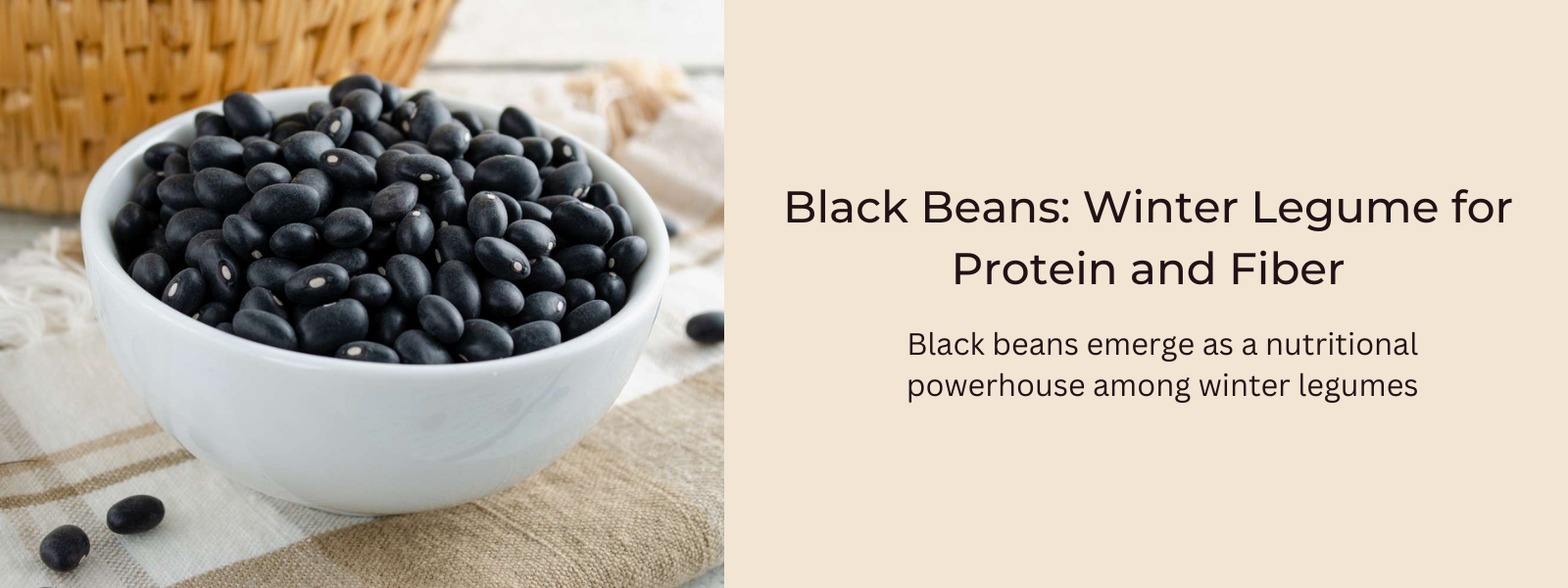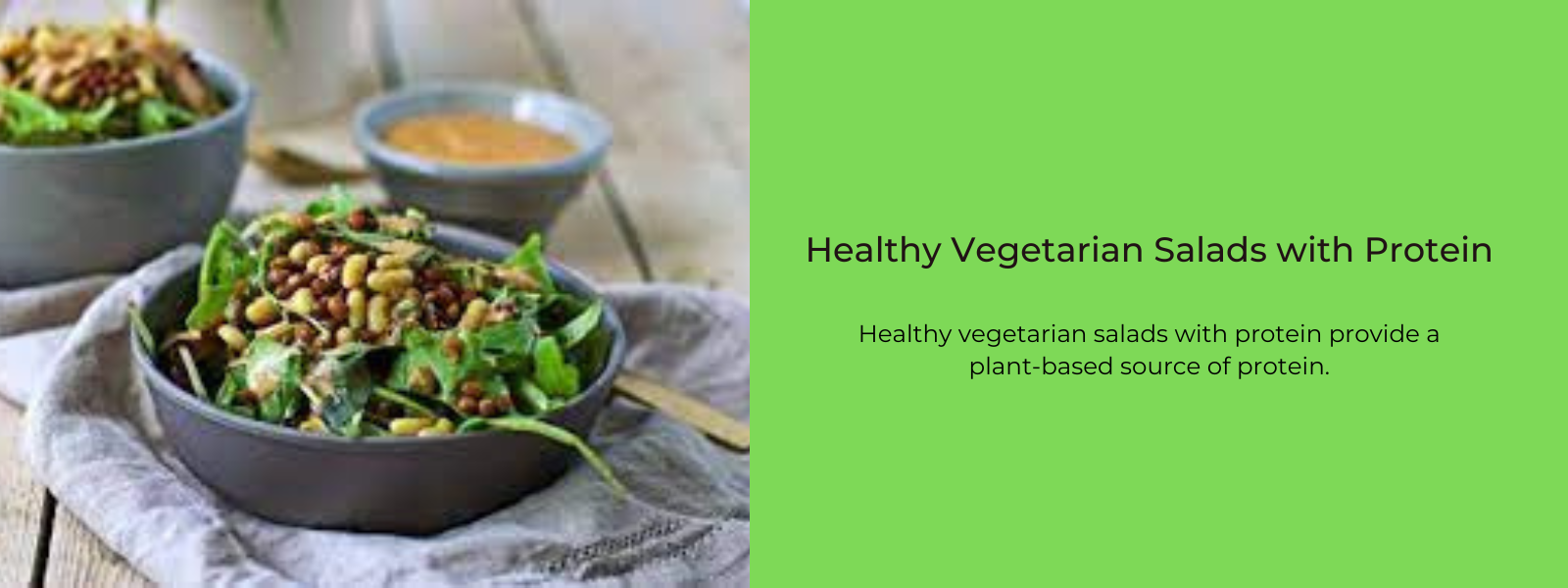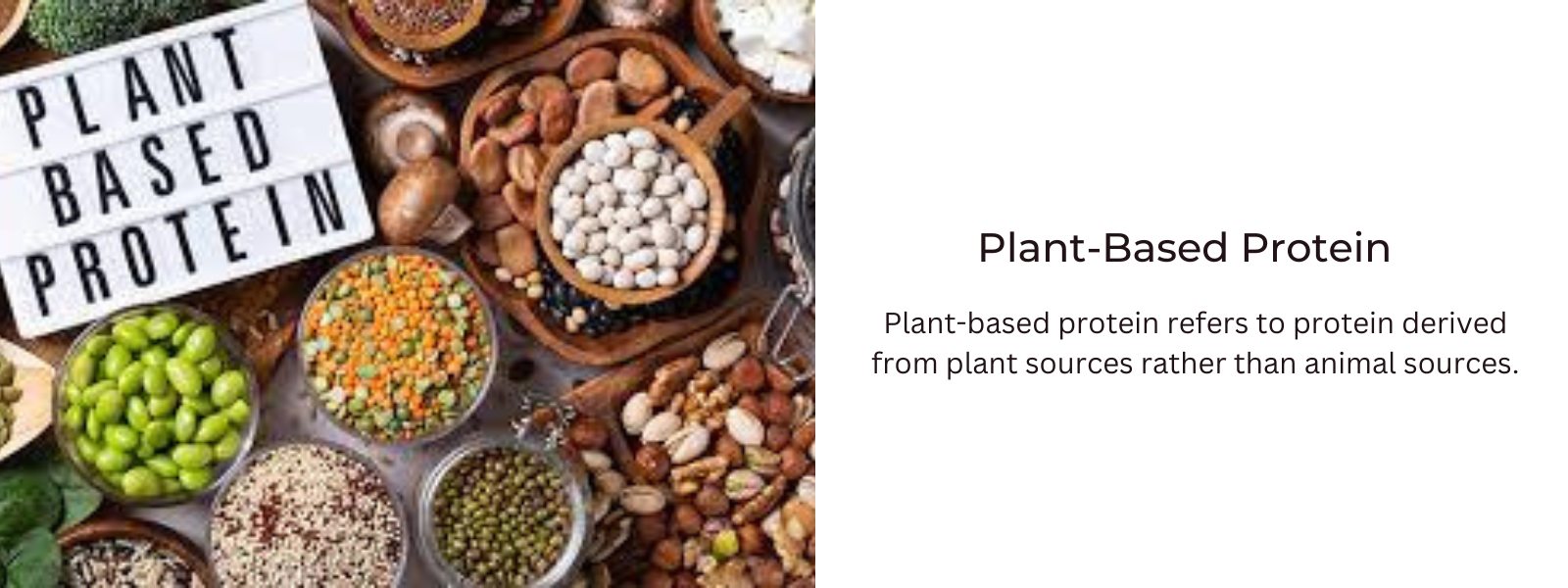Table of Contents
- Myth: More Protein Equals More Muscle:
- Myth: Protein Only Comes from Meat:
- Myth: Protein Causes Kidney Damage:
- Myth: All Proteins Are Equal:
- Myth: Protein Powders are Necessary for Everyone:
- Myth: You Can't Get Enough Protein on a Plant-Based Diet:
- Myth: Protein Before a Workout is Essential:
- Myth: Older Adults Need Less Protein:
- Myth: All Protein Bars are Healthy:
Debunking myths related to protein is crucial as misinformation can lead to misguided dietary choices and potentially harm overall health. Clarifying misconceptions ensures that individuals make informed decisions about their nutritional intake, optimizing the benefits of protein consumption while avoiding unnecessary restrictions or exaggerated fears. For example, dispelling the myth that protein causes kidney damage enables people to appreciate its importance for muscle health without undue concern. Additionally, addressing misconceptions about protein sources broadens dietary options, making it clear that plant-based diets can be nutritionally adequate. Overall, debunking protein myths fosters a more accurate understanding of nutritional science, empowering individuals to cultivate balanced and sustainable eating habits that contribute to their well-being.
Protein is a critical macronutrient with numerous essential functions in the body, but there are several myths and misconceptions surrounding its consumption. Let's debunk some common protein myths and separate fact from fiction:
Myth: More Protein Equals More Muscle:
- Reality: While protein is vital for muscle repair and growth, excessive protein intake doesn't necessarily lead to more muscle. Muscle growth is also influenced by factors like resistance training, overall diet, and individual needs.
Myth: Protein Only Comes from Meat:
- Reality: Plant-based sources like beans, lentils, tofu, and quinoa are rich in protein. A well-balanced vegetarian or vegan diet can provide all essential amino acids necessary for health.
Myth: Protein Causes Kidney Damage:
- Reality: There's no evidence that a high-protein diet harms healthy kidneys. However, individuals with pre-existing kidney conditions may need to monitor protein intake under medical guidance.
Myth: All Proteins Are Equal:
- Reality: Proteins differ in amino acid profiles and nutrient content. Animal sources are complete proteins, while plant sources may lack certain amino acids. Combining different plant-based sources can create a complete amino acid profile.
Myth: Protein Powders are Necessary for Everyone:
- Reality: While protein supplements can be convenient, most people can meet their protein needs through whole foods. Supplements may be beneficial for athletes with high protein requirements or those with specific dietary restrictions.
Myth: You Can't Get Enough Protein on a Plant-Based Diet:
- Reality: Many plant-based foods offer ample protein, and with proper planning, individuals on a vegetarian or vegan diet can meet their protein needs. Legumes, grains, nuts, and seeds are excellent sources.
Myth: Protein Before a Workout is Essential:
- Reality: The timing of protein intake is less critical than overall daily intake. While some prefer pre-workout protein, what matters most is meeting daily protein requirements for muscle repair and growth.
Myth: Older Adults Need Less Protein:
- Reality: Older adults may actually need more protein to counteract age-related muscle loss. Adequate protein intake supports muscle mass, strength, and overall health in the elderly.
Myth: All Protein Bars are Healthy:
- Reality: Not all protein bars are created equal. Some are high in added sugars and processed ingredients. It's essential to read labels and choose bars with quality protein sources and minimal additives.











Leave a comment